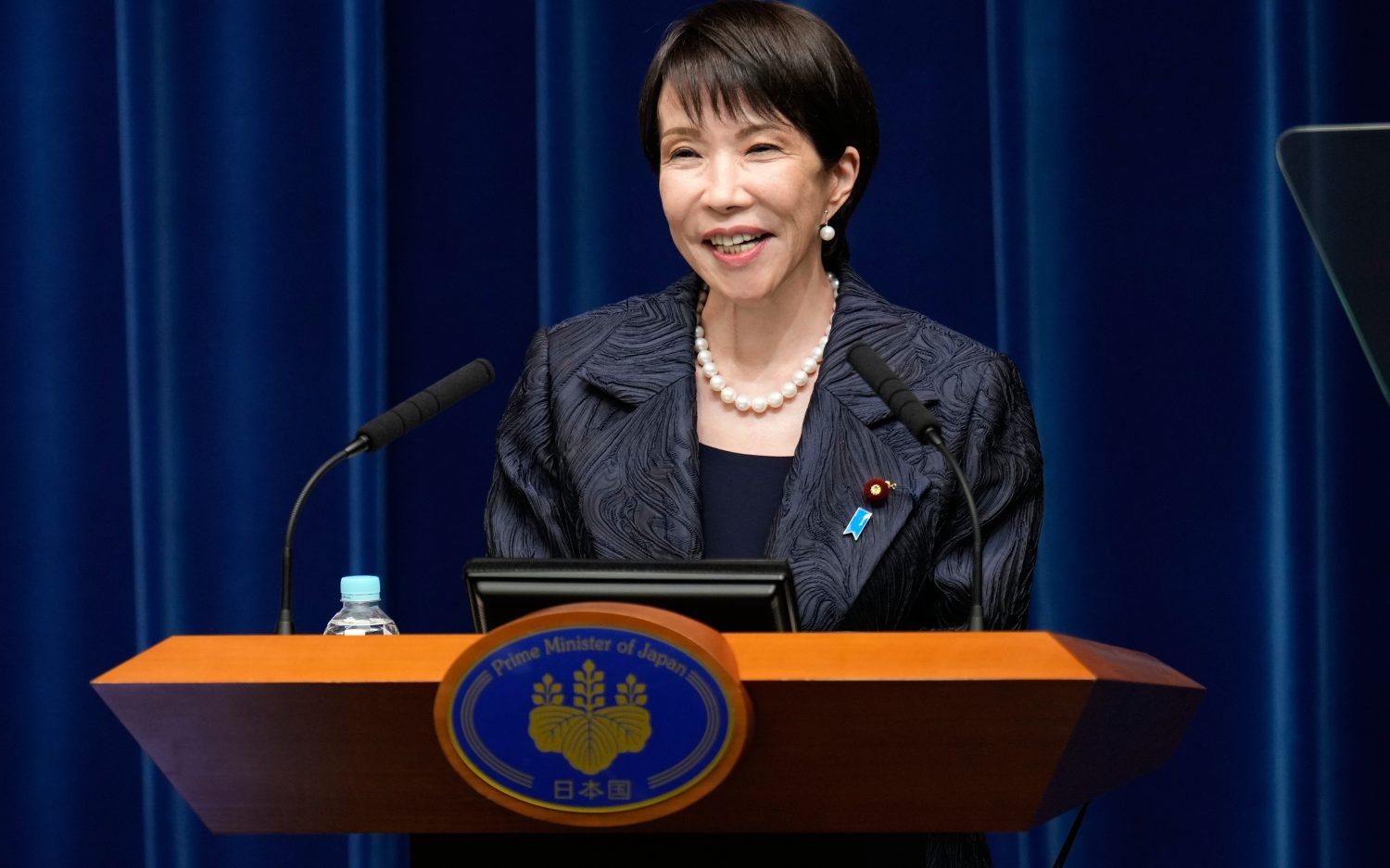Opposition to China trade pact surges in Taiwan
Protesters gathered in front of Taiwan’s Parliament Sunday in opposition to the country’s trade agreement with China. According to organizers, an estimated 500,000 people turned out in Taipei for the protest, which was the largest demonstration in the now two-week-old, student-led “Sunflower Movement.”
The demonstrators claim the trade pact with China lacks transparency and worry it would give China more control of the Taiwanese economy. Supporters of the deal believe it is mutually beneficial. The self-governed island nation has long wrestled with how to interact with its much larger and more powerful counterpart, as Beijing has threatened to reclaim the land. Under the current leadership of President Ma Ying-jeou, Taiwan has taken the diplomatic route of improving relations by increasing trade and communication with the Mainland.
Yet some, including the opposition Democratic Progress Party, disapprove of this closer relationship and fear any opportunity China may have to influence Taiwan. Upset students have occupied Taiwan’s legislature since March 18, demanding that Ma rethink the policy.
Ya-Ting Chan, a graduate student at Fu Jen Catholic University in Taipei who joined the protest Sunday, said the demonstration remained peaceful and orderly. He added that people of all ages joined student protesters wearing black and sporting yellow headbands that read, “Taiwan, No Services Trade Deal.” Many held bright yellow sunflowers and signs at the sit-in. At 7 p.m., the crowds dispersed as scheduled.
“We think the representative democracy is not functioning properly, so the students are protesting in the streets,” Chan told me over Skype. “We’re not against the free trade deal; we’re concerned about some parts of the deal, and we didn’t get any response from the legislators about it.”
The deal would allow Taiwan and Chinese businesses in the services industry, such as medical care, banking, and food catering, to open up branches or shops in each other’s territories. Ma believes the pact, which was signed last June, would boost Taiwan’s economy and lead to other trade deals. He said if the legislature fails to pass the pact, it would hurt Taiwan’s reputation as a trade partner, as well as its relationship with China.
“Taiwan’s democracy didn’t come easy,” Ma said in a statement. “I urged the students to respect the constitution, give the legislature back to the people.”
But critics of the pact have lingering fears that government-backed Chinese companies would crush Taiwanese competition. After a lawmaker from Ma’s ruling Nationalist Party bypassed a promised clause-by-clause review of the trade deal, hundreds of students flooded into the state legislature March 18 and took over the meeting chamber to stop the bill from passing. A few days later, hundreds more students stormed the area, with anti-riot police using water cannons to push them back. About 100 people, including police, were injured.
On Saturday, Ma gave into students’ demands to increase the scrutiny of future pacts signed with China, but refused to withdraw the pact, saying it would deeply harm Taiwan’s interests. China’s chief negotiator with Taiwan, Chen Deming, told a forum in Guangzhou on Sunday that he would be “deeply regretful” if the trade pact failed, and that it could boost Taiwan’s economy, according to China’s official Xinhua News Agency.
Chan mentioned that some protesters fear the trade agreement could affect Taiwan’s democracy down the line, as well. She pointed to the mobile communication industry: If Chinese companies take over, the Chinese government could potentially tap phone conversations and track web searches or inflammatory comments, especially those made by tech-savvy youth. Also if Chinese printing companies crowd out Taiwanese small businesses, it could affect freedom of speech in the country, as well.
“If we have less choices [in the printing industry] and we have no access to different voices, that would be terrible,” Chan said.
The Associated Press contributed to this report.
An actual newsletter worth subscribing to instead of just a collection of links. —Adam
Sign up to receive The Sift email newsletter each weekday morning for the latest headlines from WORLD’s breaking news team.





Please wait while we load the latest comments...
Comments
Please register, subscribe, or log in to comment on this article.